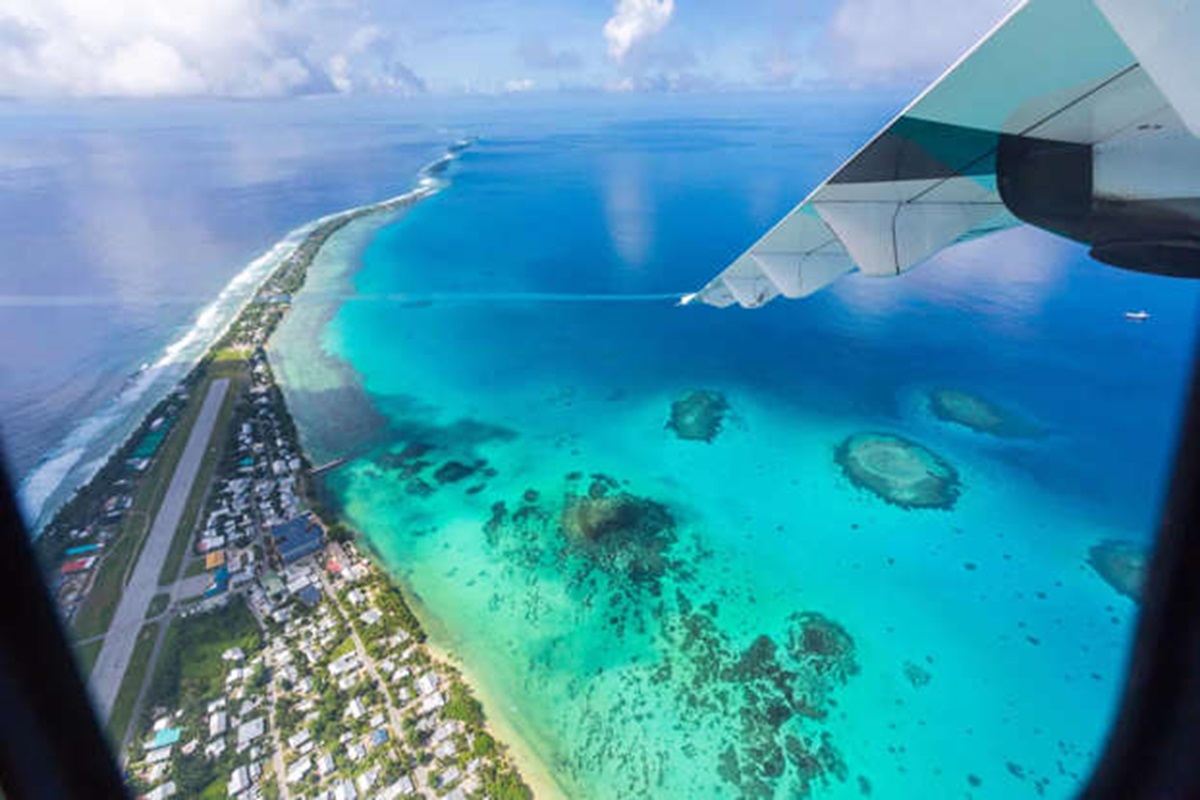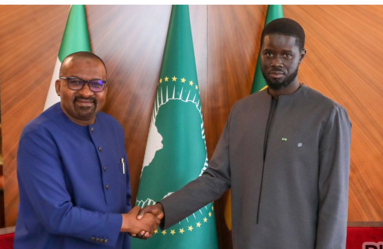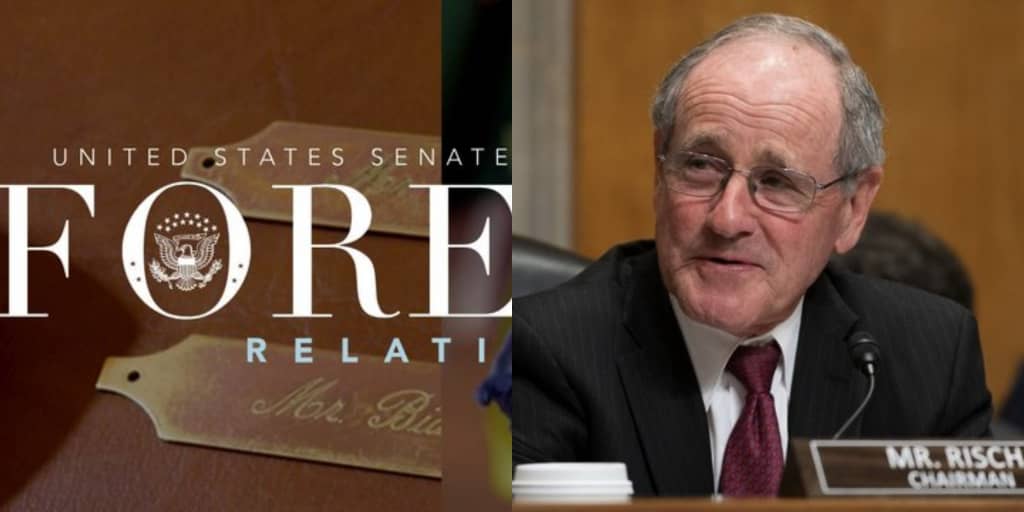International Day of Crimes against Impunity of Journalists – Event at the British High Commission.
Press release
STARTS
To mark the International Day to End Impunity for Crimes against Journalists, the British High Commissioner held a small, socially distanced breakfast to showcase their programmes of support for media freedom in Sierra Leone.
The event launched the implementation phase of the PRIMED (Protecting Independent Media for Effective Development) programme and marked the continuation of the Foreign, Commonwealth and Development Office’s support to the development of trusted, inclusive and independent media in Sierra Leone. The Minister of Information and Communication of the Government of Sierra Leone and representatives from across the Sierra Leone media landscape were in attendance.

The breakfast follows Sierra Leone’s significant step to enhance human rights, when on 28th October 2020, the Government repealed Part V of the Public Order Act of 1965 and enacted the Independent Media Commission Act 2020. It is a day that should be celebrated for media freedom and by all Sierra Leoneans.
The repeal of this criminal libel law is an important step forward for Sierra Leone to protect and support journalists.
The International Day to End Impunity for Crimes against Journalists is a UN-recognised international day observed annually on 2 November to recognise and defend media freedom. An estimated 495 journalists were killed between 2014 and 2018, an 18% increase over the previous five years. Only 131 cases of journalists’ killings are reported as being resolved since 2006, representing an overall impunity rate of 88%.
The UK has continued to support media freedom around the world, including here in Sierra Leone, working closely in partnership with Government, Parliament and the media in recent years. We have helped train journalists, including more female journalists. We have provided technical assistance to the Ministry of Information and Communications, the Sierra Leone Association of Journalists (SLAJ) and the Independent Media Commission (IMC). We will continue our partnership with all these organisations to help promote a liberal, forward-looking media system, underpinned and safeguarded by effective regulation. This important legal milestone is one more step in that collective journey.

As part of the UK’s support to media freedom around the world, we are also proud to celebrate the start of the PRIMED programme. This three-year programme supports the provision of public interest media in Bangladesh, Ethiopia and Sierra Leone. It is implemented by a consortium of media support organisations with expertise in different aspects of media and development. Led by BBC Media Action, other core consortium members are Article 19, Free Press Unlimited, International Media Support and Media Development Investment Fund.
PRIMED will address challenges to public interest media at both the outlet and environmental level. It seeks to build the resilience of media to political and economic pressures that undermine their viability. It supports the development of information ecosystems that enable a better flow of trusted public interest media content in three countries with different media environments: Bangladesh, Ethiopia and Sierra Leone. Gender equality and inclusion will be integrated across the programme.
Simon Mustard, British High Commissioner, said:
I am privileged to be able to host this event today to get views from important media stakeholders on the UK’s support for ensuring a strong and transparent media, following the repeal of the criminal libel law. Democracies which are more open to media, and in which Government, Parliament, the courts and businesses are subject to public scrutiny, will also have more responsible government spending, and a better-informed public on economic and fiscal decision making. We congratulate his Excellency for achieving his manifesto commitment and the dedication of Minister Swaray to reach this milestone. The UK and our partners stand together with Sierra Leone as we continue to build a new media regulatory system which gives protection to the public, as well as those in positions of responsibility, while also defending media freedom.
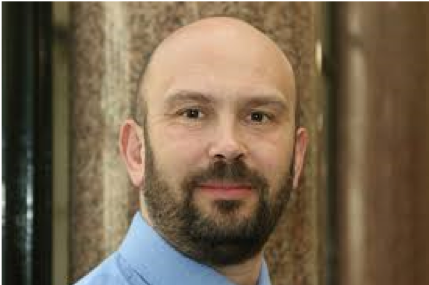
Honourable Deputy Mamadi Gobeh Kamara said:
This is the beginning of the end, we will continue to collaborate with our international partners to ensure the media landscape following the repeal is the best it can be. I commend the FCDO and partners for taking forward this work and so quickly after the repeal from his Excellency President Julius Maada Bio last week’s symbolic signing to a few days later talking about next steps.
Idrissa Mamoud Tarawallie – Country Director, BBC Media Action (PRIMERD Consortium Lead ) said:
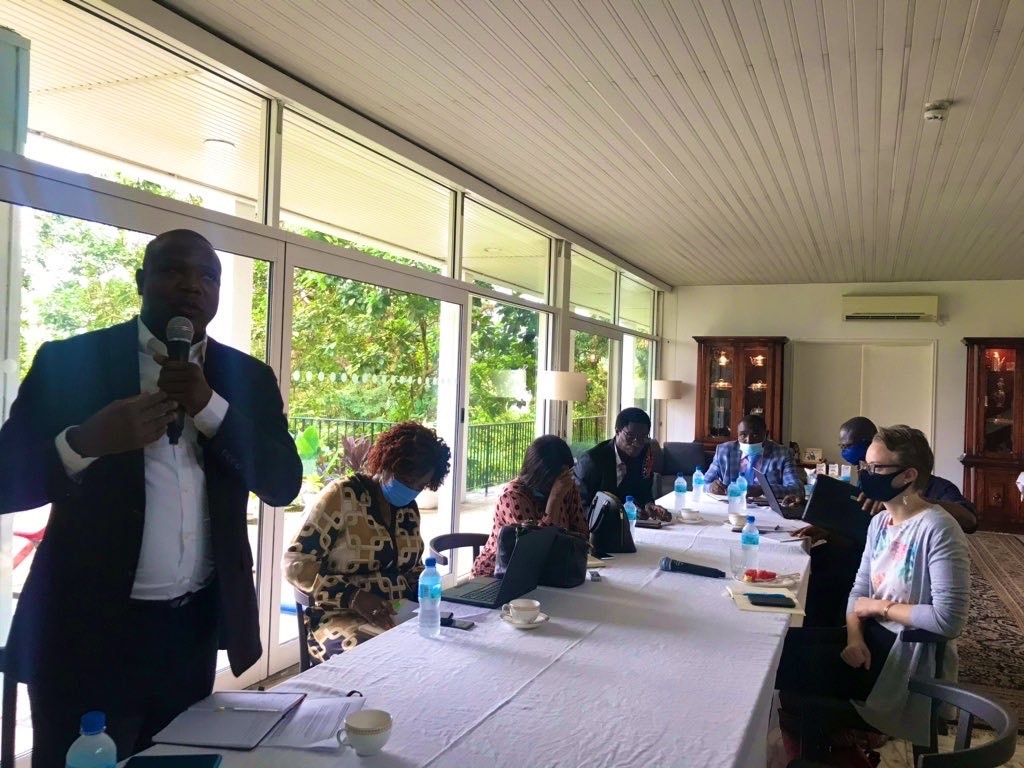
Through this FCDO-funded initiative , BBC Media Action and the PRIMED Consortium partners (Article 19 and MDIF) look forward to collaborating with media houses and stakeholders in Sierra Leone through targeted training, capacity building and support to a range of non-state media organisations to support and defend media sustainability, professionalism, impartial and informative content that engages audiences. Our (the PRIMED Consortium and media stakeholders) areas of intervention have been carefully and purposefully selected through research and consultation with media stakeholders – including IMC, SLBC, SLAJ and Mass Communications Department of the University of Sierra Leone – in the design and delivery of the programme, ensuring knowledge and evidence sharing across the media industry.”
Notes to Editors:
- The UK is the biggest bilateral donor to Sierra Leone.
- Following the repeal of the criminal libel law, the PRIMED consortium, led by BBC Media Action, will now work with the media regulator and the sector at large on further revisions and reform programmes to promote independent and effective regulation with a free and open media environment.
- In August, the PRIMED team presented to the Minister of Information and other media stakeholders their programme of work and next steps. Engagement started well during the design phase, and on the 1st October the programme moved into the implementation stage.
- Recently a working group has been established between the Independent Media Commission, the British High Commission and BBC Media Action team to review policies and procedures, including complaints processes, committees of the Independent Media Commission, and how to bring the code of practice to life.
/ends

